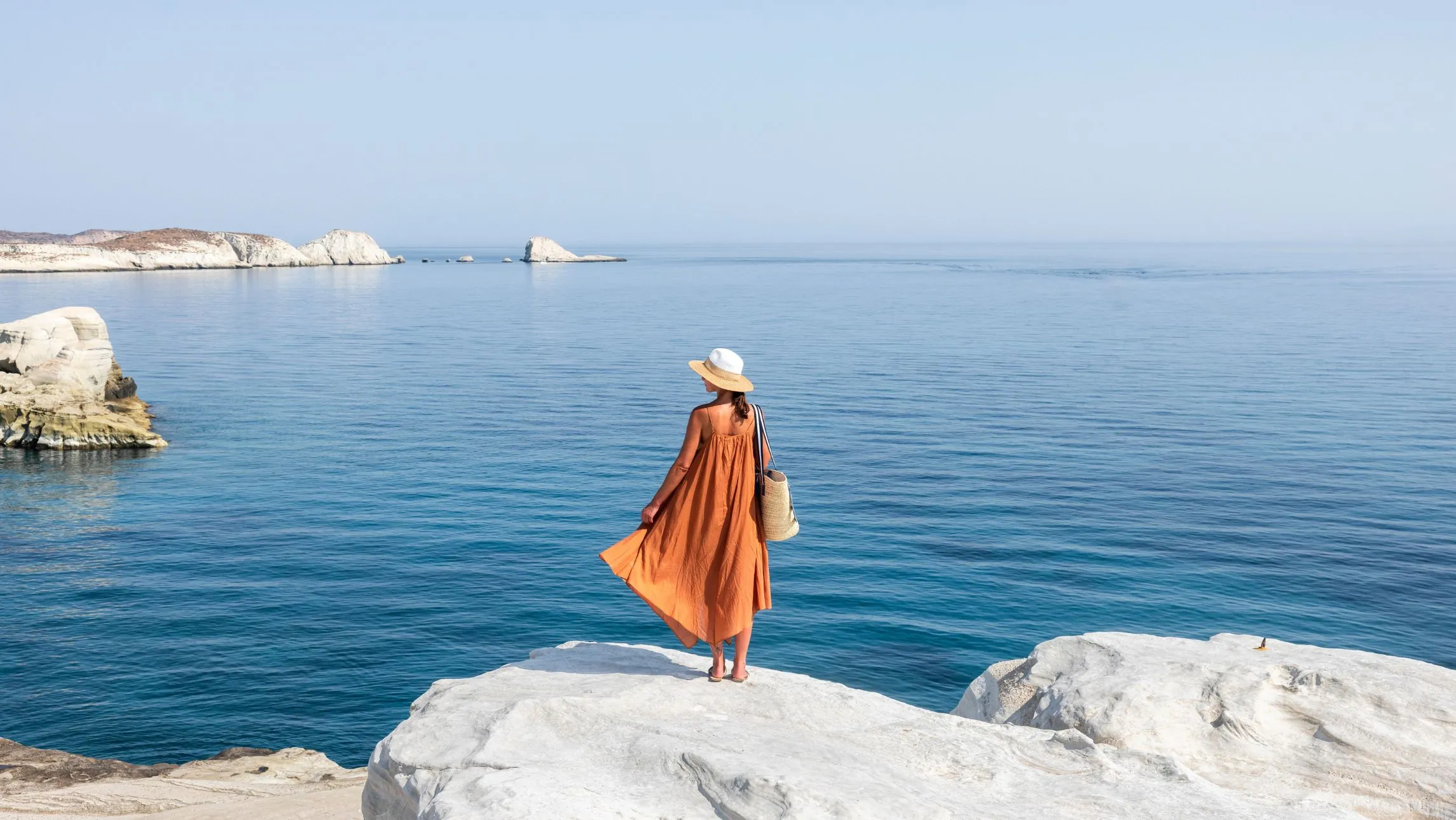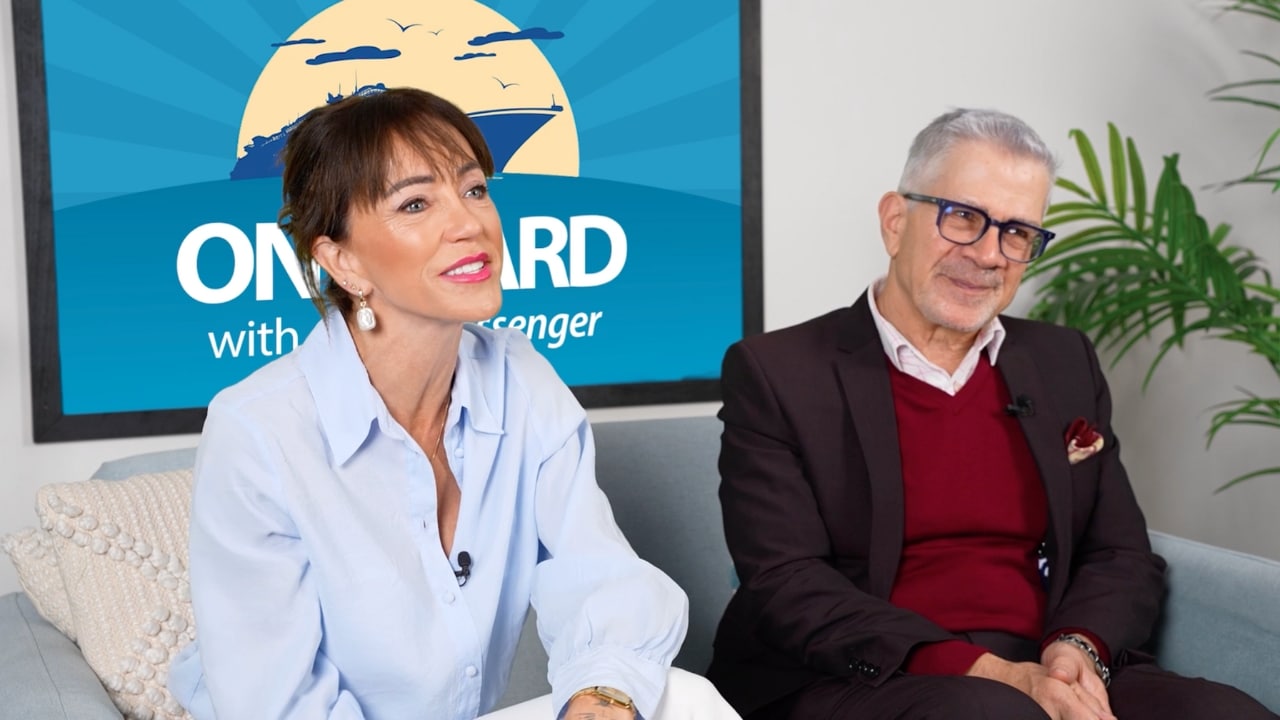Ever wondered where those obliging staff mostly come from, where they learned their craft, and what they like – and don’t like – about the business of serving you on board? Words: Bruce Heilbuth.
When a guest on Holland America Line’s (HAL) MS Noordam dropped her wedding band on the gangway, she searched anxiously for it, with no luck.
Fearing she’d never see the ring again, the guest went back on board. But one crew member, a housekeeping attendant, wasn’t giving up. He scoured the gangway again and again, then went onto the wharf below the ramp. After another long search, he found it.
“Needless to say the guest was utterly delighted,” says Brian Johnson, HAL’s director of corporate training and development. “Our goal has always been to build a host mentality in our crew like this … looking for ways to say ‘Yes’ to guests.”
World below decks
Where do such conscientious personnel mostly hail from? Cruise liner life below decks is like a snapshot of the UN’s membership. But some nations have stronger representation than others. Chief among them, say cruise operators, are men and women from the Asia-Pacific, especially the Philippines, the Indian Subcontinent and the Indonesian archipelago.
Most of HAL’s recruits, for instance, are hired from one of four primary offices: Indonesia, the Philippines, Holland and the UK, according to Johnson. HAL has a training school for Indonesians in Jakarta and one for Filipinos in Manila that includes a culinary training program.
P&O, the biggest cruise operator in Australasia, also takes on large contingents of Filipinos, Indonesians, Indians, Australians and Brits. Increasingly, too, it’s turning to the South Pacific, with the launch of a recruitment program in the region to help bring to life the island destinations its ships visit.
“While we currently employ 70 South Pacific crew members, mainly from Vanuatu, our new program will enable us to increase their numbers to 400 within the next 10 years,” says Ann Sherry, CEO of Carnival Australia, which operates P&O Cruises.
P&O is working with the University of the South Pacific in Fiji on the campaign. Its first officer to be employed from Fiji, William Johns, recently completed his inaugural contract with the line.
Meanwhile, the Vanuatu Maritime College on the island of Espiritu Santu is providing crew for P&O vessels. According to the college’s CEO, Mark Gooderham, it has trained 212 Vanuatu students. In November 2009 it trained another 36 people for employment on Pacific Jewel, which debuted in Australia in December 2009.
A typical recruit is Rinette Vira. Currently on leave following the birth of her daughter, Vira is keen to continue her career with P&O. “Going onto my first ship was one of the most exciting days of my life,” she says. “We’d seen pictures of the ships but nothing could have prepared us for the size of it.”
What skills do crew need?
It will come as no surprise to cruise fans to learn that a major criterion in selecting staff is a pleasant, willing disposition.
“We can teach our crew about policies and what to say,” says HAL’s Johnson, “but what we can’t teach is having that customer service focus; it has to be part of their personality.”
Special skills
Most onboard jobs require special skills or qualifications. Deck officers typically study maritime subjects at university, then become cadets and get practical job experience. On board they can spend years working their way through the ranks.
Likewise, hotel officers usually have a background in hospitality and management, and often start at the bottom. Ken Flavell, hotel director on P&O’s Pacific Jewel, started as a “public room steward” and has enjoyed 13 promotions in 22 years.
For those at the coalface of cruise crew recruiting, candidates must have certain, immediately obvious attributes to be considered for an onboard job.
Recruiters Great Southern Maritime Services Corporation in the Philippine capital of Manila, whose clients include the European vessels of Viking River Cruises, take account of work experience, appearance, manners, personality, intelligence, attitude, communications skills and English proficiency.
More specific roles require tighter criteria. A sous chef should ideally be aged 24 to 35, have basic school education, a complete education as a cook and at least five years’ practical experience in a restaurant or hotel kitchen. “He or she must be able to deal with quality control, production control of the passengers’ and crew menu,” explains Joanna Kristel C. Ligon, the firm’s corporate services officer.
Why do they do it?
Working long hours in cramped conditions may not seem an ideal gig for some. So why do so many flock to marine recruiters?
“Where to start?” says Pacific Jewel’s Flavell. “It fulfils my ambition to travel and has provided me with a secure job. And I enjoy the camaraderie among the crew members.”
There are added bonuses such as good weather, because cruise ships usually follow the summer, he says. “I don’t need to spend hours deciding what to wear and there’s no need to worry about commuting.”
Australian father-of-three Jimmy Lynett, cruise director on Volendam, enjoys meeting and socialising with guests most. “Second, meeting crew members from all over the world and learning about their cultures is fascinating and rewarding. It’s seeing the world while working – who’d complain about that?”
Among crews, strong feelings of fraternity exist. On Cunard’s Queen Mary 2, they sleep two to a cabin and have their own mess, bar and gym where they congregate in their hundreds after passengers have gone to bed.
“I normally get to bed after 1am and I’m up again at six, but you get used to it,” says Mauritian-born waiter Nadine le Clos. “I love it; most days you’re waking up in a different country.”
For crew from developing countries, financial rewards are a major enticement. With tips, waiters and bar people can earn up to US$2,500 a month. Filipino barman Jason Jose, 35, a father of two, says he earned on Queen Mary 2 during a nine-month contract last year what an executive vice president in a bank would get in Manila. “We have lawyers, accountants, even aeronautical engineers from the Philippines working in jobs on board,” Jason says.
And the drawbacks? Very few, almost all agree, though being away from loved ones for long periods is one of them.
“I miss my home when I’m away,” says Volendam hotel manager Robert Versteeg, “but the rewards of shipboard life far outweigh the occasional touch of homesickness.”








